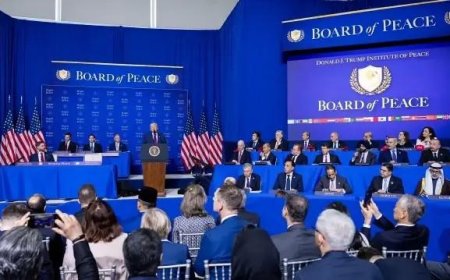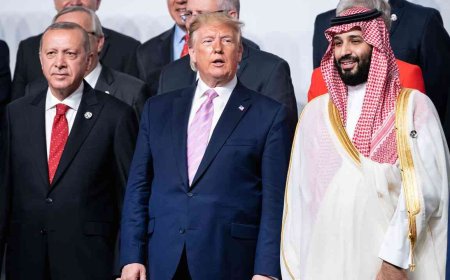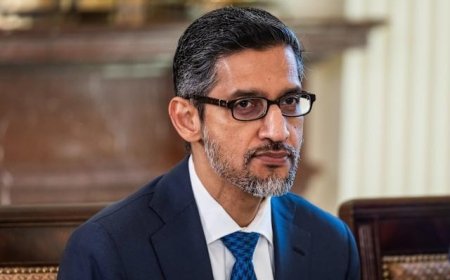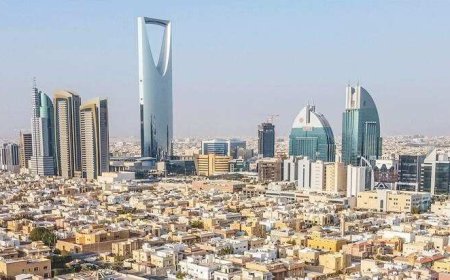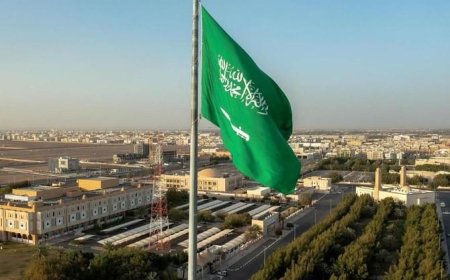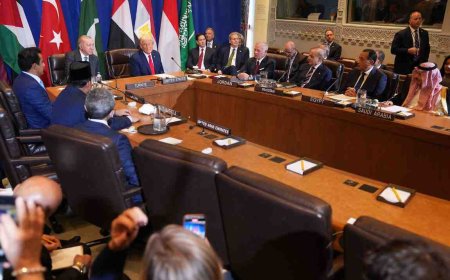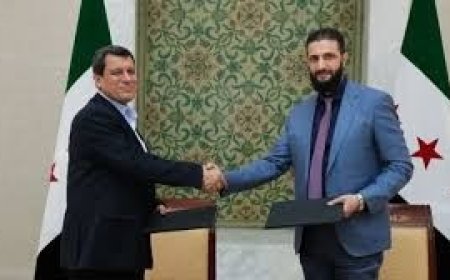Trump Announces Powerful F-35 Jet Sale to Saudi Arabia Ahead of Crown Prince’s High-Stakes US Visit
Trump announces plan to sell F-35 stealth jets to Saudi Arabia ahead of Crown Prince MBS's US visit. Learn the impact on Israel, regional balance, and the diplomatic hurdles.
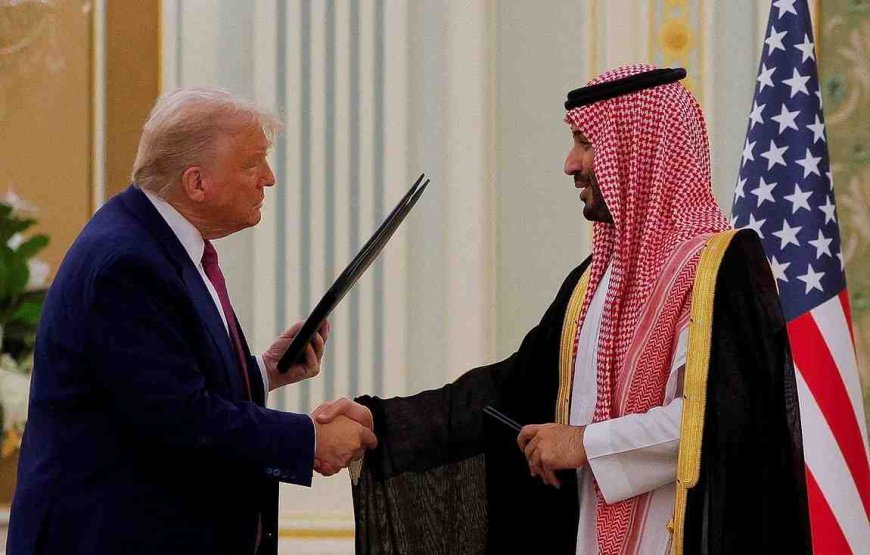
Trump Announces F-35 Jet Sale to Saudi Arabia Ahead of Crown Prince's US Visit
In a significant foreign policy announcement, former U.S. President Donald Trump has confirmed his intention to approve the sale of F-35 stealth fighter jets to Saudi Arabia. The revelation comes just one day before a high-stakes meeting with Crown Prince Mohammed bin Salman, marking the Saudi leader's first White House visit in over seven years. This potential arms deal is poised to be a cornerstone of discussions aimed at deepening the strategic alliance between the two nations.
A Strategic Move Amid High-Level Diplomacy
Speaking to reporters, Trump framed the kingdom as "a great ally" and emphasized the deal's role in strengthening the long-standing U.S.-Saudi defense relationship. The high-profile visit is expected to yield a suite of major agreements spanning defense, civilian nuclear cooperation, and economic collaboration, with the F-35 sale positioned as a central achievement.
Analysts suggest the announcement serves a dual purpose: it fulfills a long-standing Saudi desire to modernize its air force with fifth-generation aircraft while signaling a renewed U.S. commitment to its Gulf partners under a potential new administration.
Navigating Regional Complexities and Israeli Concerns
The proposed sale immediately raises critical questions regarding Israel's Qualitative Military Edge (QME), a longstanding U.S. policy guaranteeing Israel's military superiority in the region. Israeli officials have historically expressed strong reservations about advanced American weaponry, like the F-35, being sold to neighboring Arab states.
Reports indicate that Israel is leveraging the situation, lobbying Washington to make the sale conditional on Saudi Arabia normalizing relations with Israel. This diplomatic push aligns with Trump's broader ambition to expand the Abraham Accords, the normalization framework he championed during his presidency. However, Saudi leaders have consistently maintained that progress toward a Palestinian state is a prerequisite for any such agreement with Israel.
National Security and Congressional Hurdles
Beyond regional diplomacy, the deal faces significant scrutiny over national security concerns. Critics in Washington worry about the transfer of sensitive, cutting-edge technology to a country with deepening ties to China, raising fears of technological espionage or compromise. These concerns have previously stalled similar proposed sales to Gulf nations.
Furthermore, the deal is far from a foregone conclusion and will face intense Congressional scrutiny. Lawmakers are likely to demand strict assurances on several fronts, including:
-
Technology Safeguards: Concrete measures to prevent the reverse-engineering or transfer of the F-35's stealth technology.
-
Operational Restrictions: Potential limitations on where the jets can be based within the kingdom, with Israeli officials reportedly seeking to keep them away from its borders.
-
Human Rights Conditions: Ongoing concerns over Saudi Arabia's human rights record will undoubtedly be a point of contention during congressional debates.
A Transformative Deal with Global Implications
If finalized, the sale of F-35s to Saudi Arabia would represent one of the most significant shifts in Middle Eastern military dynamics in years. It would provide Riyadh with an unparalleled technological edge against regional rival Iran and solidify its status as a primary U.S. defense partner.
For the Trump administration, the deal is a powerful bargaining chip—a tangible incentive to bring Saudi Arabia into the fold of the Abraham Accords and a statement of strategic priorities. The outcome of the Crown Prince's visit will determine whether this ambitious vision can overcome the substantial diplomatic, security, and political challenges that stand in its way, setting the course for a new era in U.S.-Middle East relations.
What's Your Reaction?









